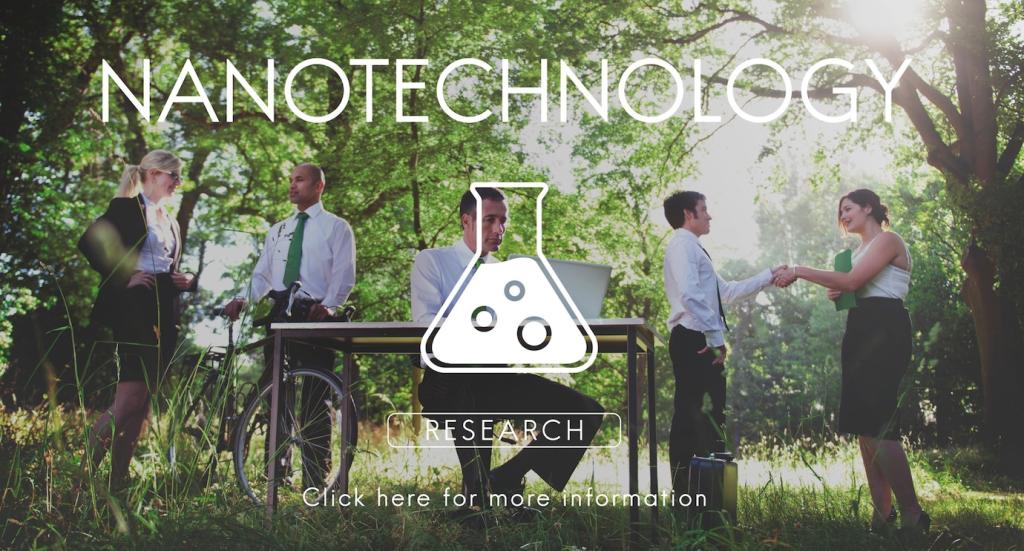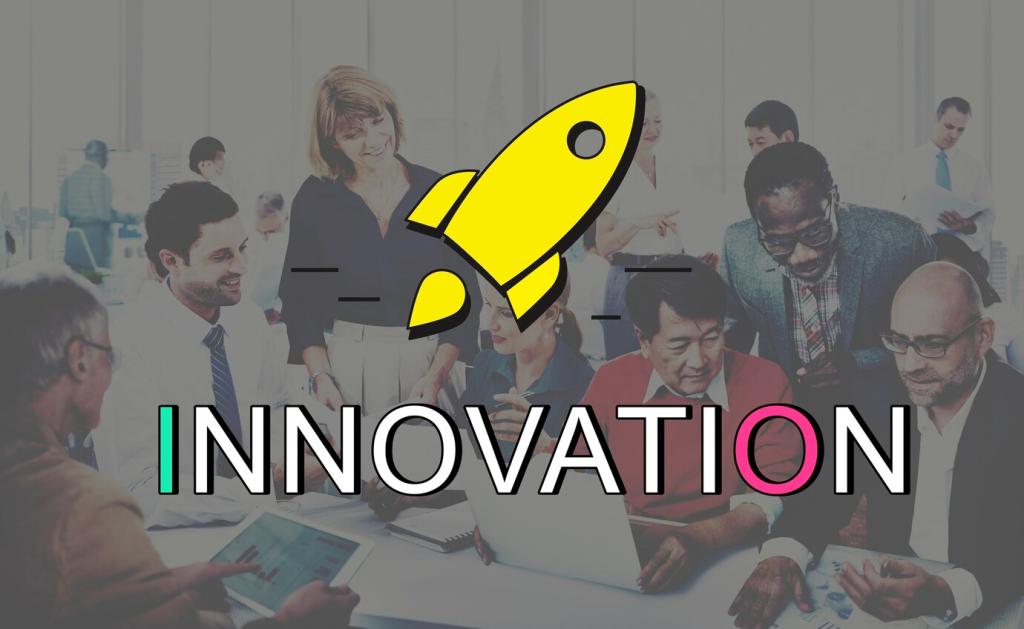Ethical Considerations in AI-Driven Mental Health Tools
AI-driven mental health tools are transforming how individuals seek support and manage their wellbeing. However, the integration of artificial intelligence into such sensitive areas raises a spectrum of ethical questions that must be thoughtfully addressed to protect users and maintain trust in these technologies. From data privacy to fairness and accountability, every stage in the lifecycle of AI-powered mental health solutions introduces challenges that require careful navigation to ensure ethical compliance and genuine benefit to all users.

Data Privacy and Confidentiality

AI-driven mental health platforms often process highly sensitive information, including personal histories, emotional assessments, and treatment details. Ensuring this data is managed securely, with robust encryption and strict access controls, is critical. A breach could not only expose private details but also put users at risk of discrimination or social stigma. Developers must devise systems where every layer of data handling—from input through storage and analysis—is designed to uphold confidentiality. This demands ongoing assessment and adaptation as new threats arise, reflecting a commitment to both technological diligence and ethical responsibility in deeply personal contexts.
Algorithmic Bias and Fairness

Source Data Integrity
The accuracy and inclusivity of AI-driven mental health tools hinge on the quality and diversity of the data used to train them. If training data is unrepresentative or carries historical biases, the tool may produce skewed results that disadvantage certain groups. For instance, cultural, gender, or age-based discrepancies could influence diagnoses or treatment recommendations. Developers must scrutinize data sources, proactively address gaps, and update algorithms as new information emerges, aiming to foster tools that serve every user equitably regardless of background.

Disparities in Access and Outcomes
While AI has the potential to broaden access to mental health support, it can also unintentionally reinforce or widen disparities. Factors such as technological literacy, language, and access to devices or stable internet can influence who benefits from these tools. There’s a persistent ethical obligation to ensure that innovations don’t bypass vulnerable or underserved populations. Strategies might include designing for lower-bandwidth environments, supporting multiple languages, or providing alternative interfaces, all aimed at delivering high-quality care to everyone, not just the digitally privileged.

Continuous Monitoring and Correction
Bias is not a static issue; even the most carefully designed AI systems can drift over time, developing new unintended biases as they interact with changing populations and input. It’s ethically vital to implement procedures for ongoing monitoring, measuring fairness, and correcting identified issues. This requires both technical methodologies and human oversight, creating a feedback loop where improvements and adaptations are continual. In mental health settings, where well-being and trust are paramount, such vigilance is not simply a best practice—it is a professional and ethical duty.
Transparency and Explainability
AI models, especially those based on deep learning, can be notoriously opaque—even to their creators. In mental health care, this lack of transparency can be unsettling for users and professionals alike. When a diagnosis or recommendation is delivered without clear rationale, individuals may struggle to accept or act upon the advice. This uncertainty can weaken the therapeutic alliance and undercut confidence in the tool. Developers must prioritize creating models that offer interpretable outputs or, at minimum, provide reasoned explanations for significant decisions to enhance trust and usability.

Respecting User Choice
An ethical system is one that places the user’s preferences and decisions at the forefront. AI-driven mental health platforms must avoid paternalism by making space for user input, ensuring that individuals can accept or reject recommendations freely. This respect for autonomy extends to allowing users to set boundaries, decline data collection, or seek human support when desired. Such a stance is especially crucial in mental health, where control and empowerment can be therapeutic in their own right.
Avoiding Over-Reliance on AI
While AI can offer valuable insights, there is a risk that users or even clinicians might become overly dependent on these tools, potentially sidelining their own judgment or expertise. Encouraging critical engagement—where AI is a supplement, not a substitute—for personal intuition and professional skill, helps sustain appropriate autonomy. Educational elements within the platform can remind users of their role in decision-making and the importance of seeking human oversight when needed, preserving a balanced partnership between technology and user.
Accountability and Responsibility
The creators of AI tools must be prepared to accept responsibility for the performance, safety, and reliability of their systems. This includes being responsive to concerns, reporting on performance metrics, and addressing any harm or errors that arise. Developer accountability reinforces ethical standards by demonstrating a willingness to rectify mistakes and prioritize user welfare over commercial or research interests. In highly sensitive fields like mental health, where the consequences of missteps can be profound, this proactive stance is imperative.
Previous
Next
Informed Consent and User Education
Clarity of Information
Users often interact with AI technologies through complex interfaces or under emotional stress, making it especially vital that all information about data usage, risks, and benefits is presented clearly. This means avoiding technical jargon, using straightforward language, and providing examples relevant to the user’s real-life concerns. Clarity reduces the likelihood of misunderstanding and ensures consent is genuinely informed, not just a formality forced by the system.


Ongoing Education and Updates
AI and digital platforms evolve over time, sometimes altering core functionalities or introducing new features. Users should be kept informed about such changes, particularly when they might affect data usage, privacy, or clinical outcomes. Regular updates and accessible educational resources help users maintain an accurate understanding of what the tool offers and how it fits into their overall mental health care. This dynamic approach to education respects individuals as partners in their wellbeing journey.
Impact on the Therapeutic Relationship
A foundational aspect of all mental health care is the human connection between provider and client. While AI can efficiently handle certain processes, it cannot yet replicate genuine empathy or read subtle emotional cues. Relying overly on automation risks alienating users or diminishing the healing potential of therapeutic alliances. Ethical deployment of AI tools should aim to support, not replace, the interpersonal dimensions of care, recognizing the irreplaceable value of human warmth and understanding.

